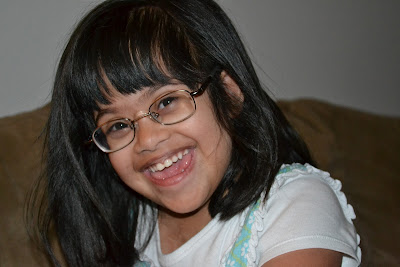Between ages two and three, many preschoolers begin to use more complicated sentences. However, this does not mean that they understand all of an adult's words or abstract concepts. In fact, preschoolers are often very literal thinkers and interpret ideas concretely. Many are only beginning to think logically and understand sequences of events.
Preschoolers learn that they can use specific words to say what they mean. They have long known their parents' words have power over their lives and they are beginning to realize that their own words can make a difference as well. They create more powerful meanings using their growing vocabulary.
"No" and "Why" become common words for young preschoolers.Saying "No" is a way a preschooler claims her space. Saying "Why" is a wish to understand the world around her. "Why" is also a word preschoolers use to question authority. Underneath the question, they are saying "Why do you have power over me when I want to feel autonomous?"
Preschoolers like to participate in decisions. This gives them a feeling of control and independence. A preschooler might think, "I can take a different position from my mother — and I like it." Or, "By saying what I want, I am a big kid."
Preschoolers love to imitate other people's words. They often mimic comments, phrases and sophisticated statements. At times they misuse or exaggerate phrases, particularly during pretend play. A preschooler might say to a doll, "You are so bad you are going to jail for 100 years!"
Preschoolers like to hear about and describe the same event over and over. By telling and listening to stories, preschoolers begin to form opinions about the world and how they fit into it. They say "tell me again," because hearing a story many times makes them feel safe and secure. When the story is repeated, it also allows them to imagine new scenarios.
Preschoolers like to make up their own explanations. This helps them make sense of things they are only beginning to understand. For example, a preschooler might explain her sadness about winter being over by saying, "When the snow melts, the winter is crying." Preschoolers may also embellish stories with wishful thinking.
Between three and five, preschoolers refine their understanding of cause and effect. Older preschoolers can understand simple explanations of cause and effect such as "The medicine will help you get well" and "If you eat healthy food, you will grow big and strong."
Preschoolers also talk through their bodies, their play and their art. In fact, verbal communication still may not be the dominant way many preschoolers either understand the world or express themselves.


No comments:
Post a Comment